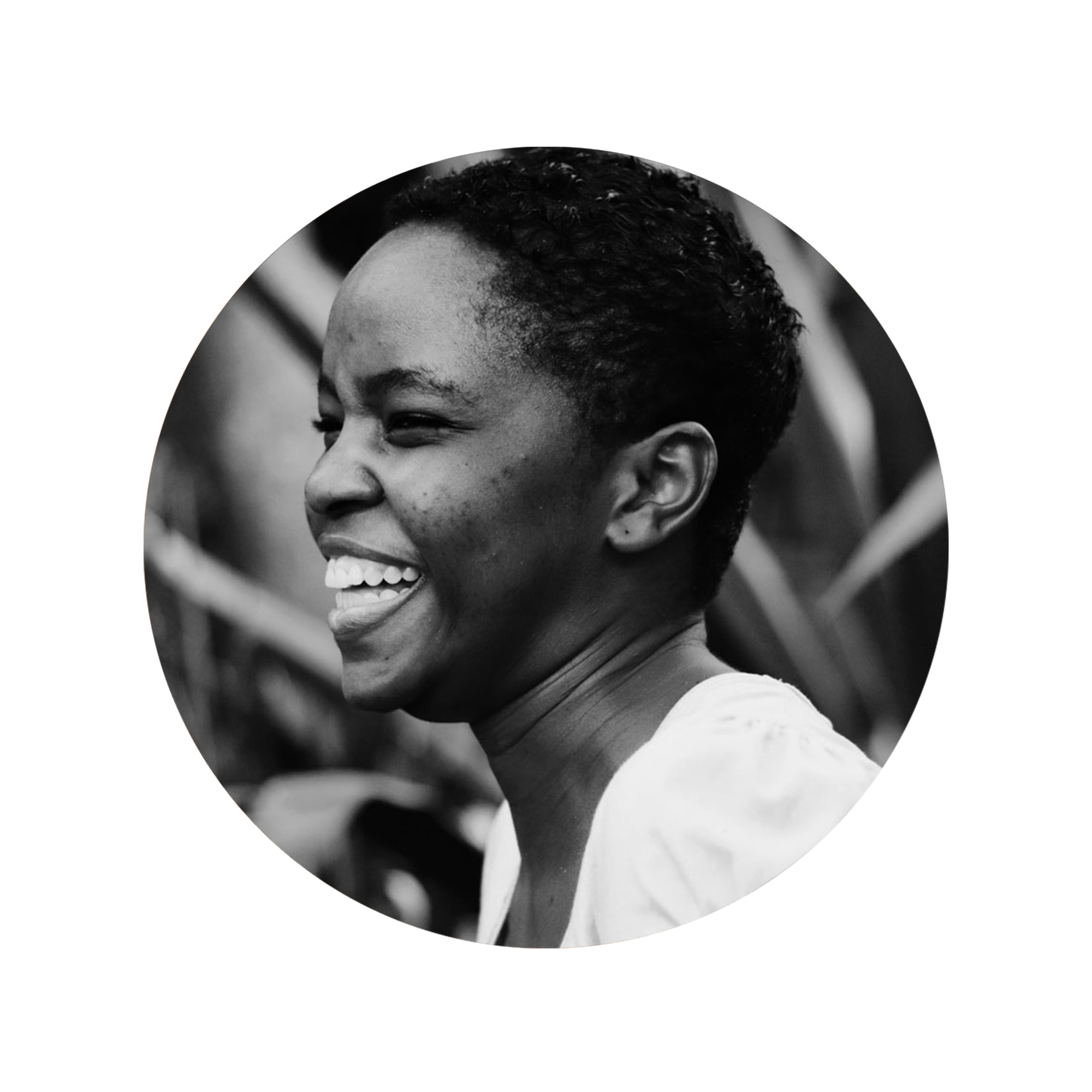For the yoke of their burden
The holiday season is a time when true kinship shines and the spaces where our bonds have atrophied into something else show all too starkly. As we choose gifts to share and participate in conversations with our loved ones, our level of connection requires no explanation. The toll of a global pandemic, the pivoting of political and religious beliefs, and various economic hardships can be seen everywhere, especially in our relationships with one another. Right before teeth grind over ill-given gifts on Christmas Day and people realize their loved ones have changed over the course of the year, Christmas Eve is a lull before a relational storm.
With the pandemic still running rampant, harmful legislations driving people to the hardest places, wars raging across the world, and the heavy yoke of oppression resting solidly on shoulders that have been bent for generations, the gift of peace is a welcome relief to discuss. Don’t we all just wish it (everything) could just pause?
Every day, I wake up wishing every crisis, from the climate crisis to the crisis of women’s rights in Iran, would simmer down and find its just resolution. How sincerely we long for a time when talking about LGBTQIA+ people and rights doesn’t end in explosive hatred, or a season when voicing our need for racial justice isn’t regarded as a poisonous political statement.
When Jesus Christ is described as a wonder of a counselor, people rush eagerly to this metaphor. How many times this year or social media have you seen people push others towards therapy as an end-all solution? Throughout history, people have been aching for genuine resolutions. Even today, the crowds applaud at the God who breaks the yokes of oppression and reinstates justice in its rightful place of honor.
For the yoke of their burden, and the bar across their shoulders, the rod of their oppressor, you have broken as on the day of Midian. Many notions I once held about strength and its supremacy have been troubled and diminished over the course of the past two years, but isn’t it such an inspiration to think about a mighty Love? Often the challenge that faces us every day in the pursuit of goodness and community is that our love does not translate to a place of agency. When Isaiah talks about Jesus being a mighty God, I see an invitation to Love that stands firm in the worst conflict. This Love doesn’t allow discomfort or conflict to deter it from standing in the place where it must stand.
For many people, the idea of an everlasting Father isn’t a comfort. It could call to mind a void where there should have existed a supportive presence. It could be a reminder of a person who let us down thoroughly when they should have known better. This “everlasting Father” is something closer to Santa Claus than anything else. But for the ones seeking family and community in this holiday season, a lineage that cannot be erased is a comfort.
For the indigenous communities of the world, whose histories have been wiped away and then drawn over with the caricatures of white supremacist minds, even our flesh-and-blood relations can no longer be called upon with the kind of legitimacy we see as people in the West look up their ancestry up to 10 generations before them. As indigenous peoples, we long to be reunited with our everlasting parent. Our comfort is found in the knowledge that, in Christ and in our ancestry without names, ledgers or traceable lines, we are not without rooting or a resting place.
Truly, like the gifts that don’t fit their recipients and the conversations that make us scream internally, the gift of the Prince of Peace is a subversive gift. But this one is of the best kind. It is not one that can be described briefly or experienced fleetingly. Christ cannot be turned into a TikTok for our convenience or commoditized into an Advent calendar full of goodies that will be in a landfill by April. May our fuller mediation on the gift of Christ be a living, breathing, lifelong story of exploration of Love. This time-warp of a gift is an enduring theme: the story of Isaiah 9:2-7 isn’t told in chronological order. First, we’re blessed with the vision of a light that brings joy to people who have been living in darkness. And then with each line, a new piece of the narrative is introduced. The events described in verse 2 and 3 are the outcome of the foundations laid in verses 4 and 5. Afterwards, the sixth and seventh verses give us a face and a signature to attach to the entire story, the reason behind the joy and the light. The joy and the light embodied.
Often, my partner and I love to spend time staring at the night sky. We’ve had some of our most difficult conversations in the pitch blackness of the room where we gather. The tenderest moments of honesty, curiosity and grace have come in the darkness of that room. After we’re done stargazing, we usually sneak into the kitchen to finally get something to eat. And begrudgingly, one of us will hit the switch on the overhead fluorescent light, sending the other hissing at its brightness. This is an easy, funny way to see the way we respond to light.
But, when we speak of a people who have walked in darkness, it means they have devised ways to exist within that darkness. And when we talk about a people who have lived in a land of shadows, this image further points to an established way of doing things, one that’s calcified into a culture. Thus, when the light is introduced into this culture, I imagine the hissing against it is coming from a soul-deep place. The former things are being revised in radical ways. And the only way to access joy is from the Divine. Interfacing with the light is not an easy leap when you’ve been living in darkness.
Fast forward into the future, and the unsustainable nature of warring and warriors is made clear in the prophetic statement: For all the boots of the tramping warriors and all the garments rolled in blood shall be burned as fuel for the fire. May all tyrants and dictators perish in our lifetime. I continue pondering the words of Isaiah. The words of this passage speak of Christ entering dominion and establishing an undefeatable kingdom. I can’t help but wonder if our prophecies of freedom err too closely to our traumatic memories of oppression. I pray that our advent can be one where we long for and idealize the complete destruction of Empire, down to its very roots.
The images of the prophetic books mesmerize me with their contrast. A baby is mentioned in the same breath as the military attire being burned to nothing. Joy is presented within the idea of soldiers dividing spoil. And yet, the Messiah who is expected is meant to be a Prince of Peace. These images live so far apart from one another. Only Christ can bring reconciliation. Only Christ can wipe away the tears and present a lens that allows us to grasp the reality of the gift we’ve received.
The zeal of the Lord of hosts will do this. Not “money will do this.” Not “social capital will do this.” Not “follows, likes, shares will do this.” Here, the name used for God is one that calls to mind God as a commander of great armies. And still the picture being painted leans into Empire as its greatest ideal. But when I think about the might of Love, I can begin to form a picture that nourishes my colonized spirit with peace. I am not looking for the Lord of hosts to come and colonize me and my people again. I am looking for zeal that moves people to seek ways to sustain justice, to write it into our laws the same way hatred has been legislated, but with far more radical love and acceptance and inclusion for everyone. I am looking for the zeal that causes people to divest from their privilege and follow mighty Love where it leads.

When Grey Oletsa isn’t neck deep in birth-work, they bring stories to life through writing, music, film, fiber, and a sense of humor that functions against all odds. They adore alternative music, good food you have to dig into with your fingers, and learning weird new things from Tumblr sh*tposts. Besides people-watching and participating in the simulation, the Nairobi-based poet creates community through art.
For people who want to connect, my email (jonoletsa@gmail.com) or IG (@gracia.exe) works just fine. And for people who want to support my work, they can subscribe to my newsletter here, or directly via my Paypal (gronathana@gmail.com).



Unbound Social